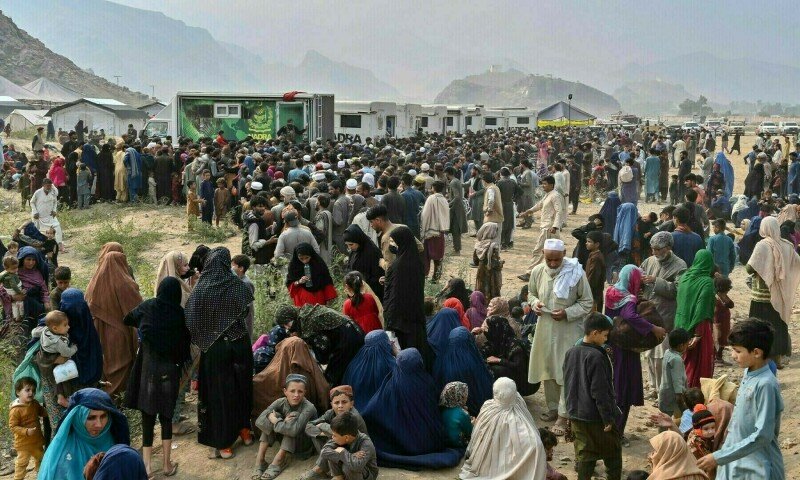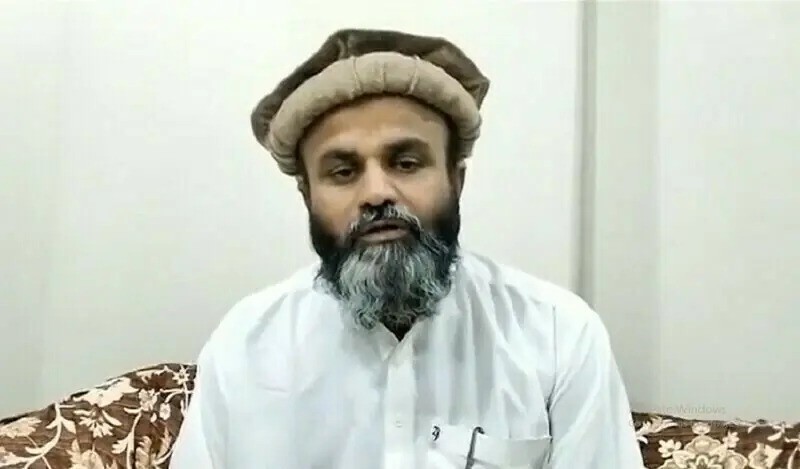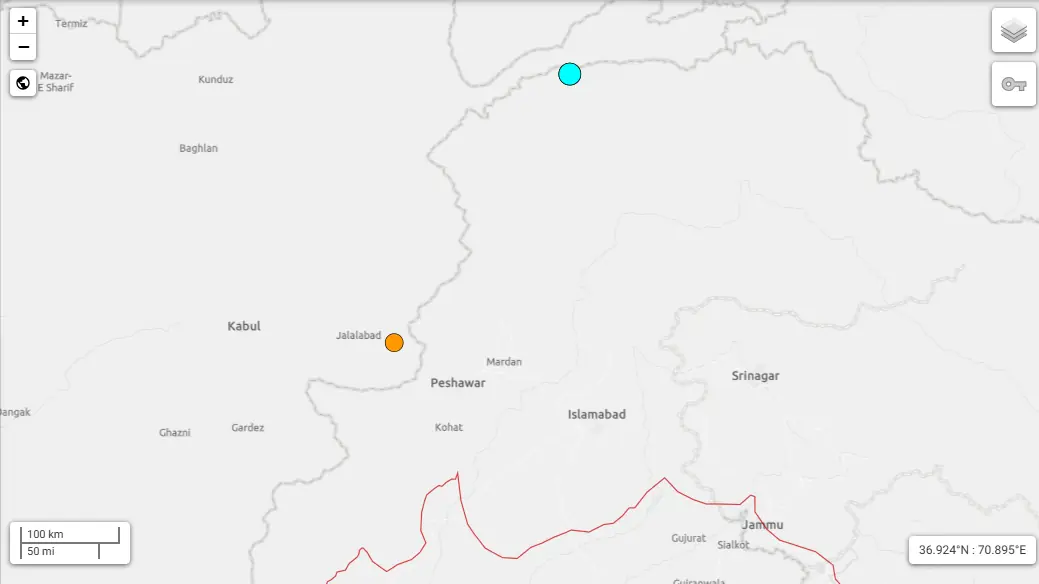ISLAMABAD: With the Constitutional Court set to resume hearing a petition against mass deportation of Afghans on Tuesday (today), the federal government assured the Supreme Court that the validity of PoR cards issued to registered refugees had been extended until June. 30.
The public interest petition, which will be heard by a seven-judge bench headed by Justice Aminuddin Khan, was filed by a coalition of civil society activists comprising human rights advocates, former senators Farhatullah Babar and Mushtaq Ahmad, missing persons supporter Amna Masood Janjua and lawyers Jibran. Nasir, Imaan Mazari and Imran Shafiq through lawyer Umer Ijaz Gilani. The petition was filed following a mass deportations decision announced by the Apex Committee on October 3, 2023.
In its report, the federal government assured the Supreme Court that all Afghan refugees who have been living in Pakistan after their registration in any form, including holders of PoR or Afghan Citizen Cards (ACC), will be provided with full legal protection and They will not be detained or deported.
This promise extends until June 30, 2025, according to the July 22, 2024 notification issued by the Ministry of States and Border Regions. The total number of PoR and ACC holders living in Pakistan is estimated to be 1.3 million and 700,000 respectively.
Report indicates that so far 784,954 illegal foreigners have been repatriated
The report, submitted by Additional Secretary Home Affairs Nazar Muhammad Bozdar, states that a total of 7,84,954 illegal foreigners, including Afghans, have been repatriated so far.
The report explains that since the beginning of phase I of the Illegal Foreigners Repatriation Plan (IFRP), the majority of illegal foreigners, including Afghan citizens, have been repatriated. However, the foreigners, who were registered, were not detained or deported.
The government argued that the petition can be dismissed as unsustainable, frivolous, baseless, contrary to law and in the interest of justice.
In November 2023, the petitioners approached the SC seeking a suspension of the IFRP launched by then caretaker prime minister Anwarul Haq Kakar.
The main argument of the petitioners was that the mass expulsion was not only a violation of Pakistan’s domestic and international human rights commitments, but was also beyond the scope of the limited powers of an interim government under the constitutional scheme.
The petition sought an order directing the federal government not to detain, forcibly deport or harass anyone who was born in Pakistan and is therefore entitled to birthright citizenship under Section 4 of the Citizenship Act. 1951 and the ruling of the Islamabad High Court. Court in the Hafiz Hamdullah Saboor case of 2021.
The petition argued that the government should also be asked to allow UNHCR and its partner organizations to register, process and promptly decide all asylum applications submitted by foreigners residing in Pakistan.
The court should also order the federal government to coordinate with all relevant federal and provincial law enforcement agencies to ensure the fundamental rights of all people currently in Pakistan, according to the petition.
He alleged that government policy had not provided any mechanism that could distinguish between natural-born citizens and illegal immigrants. Therefore, it violates the ruling in the Hafiz Hamdullah Saboor case.
The petition argued that the policy of deporting refugees violated the principles embodied in Article 2A of the Constitution. Furthermore, the policy also failed to take into account the fact that many of those deported or exposed to deportation may be doubly marginalized due to factors such as ethnicity, religion, gender, etc.
The petitioner vehemently disagreed with the government’s view that all foreigners living in Pakistan who do not have a valid visa are at risk of deportation. This simplistic view of “illegal immigrants” does not take into account the fact that many of these so-called “illegal” and “undocumented” refugees were actually born in this country and had a strong right to birthright citizenship. That they have been left without documents is because the government is simply not willing to issue them documents, despite the law and court rulings in their favor, the petition argues.
Published in Amanecer, January 7, 2025.








